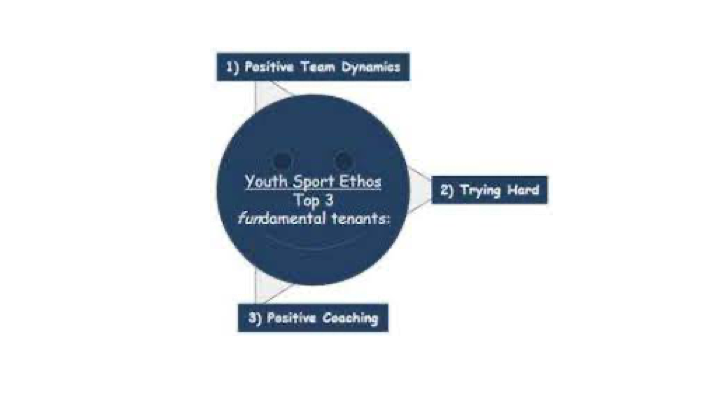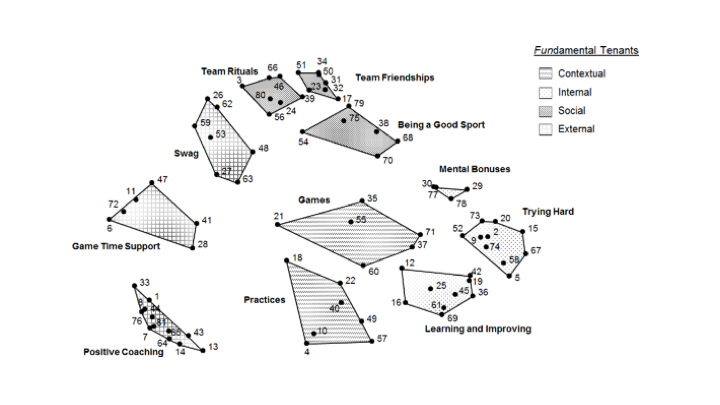SportPsych Works è una pubblicazione in stile newsletter di APA Div. 47 (Society for Sport, Exercise & Performance Psychology). Pubblicati circa tre volte all’anno, i fogli informativi servono a fornire informazioni affidabili e tempestive al pubblico in un formato domanda-risposta di facile comprensione su una varietà di argomenti di psicologia dello sport, dell’esercizio e della performance basati sull’evidenza.
Qui sotto un esempio riguardante lo sport giovanile.
Of the estimated 60 million boys and girls who participate in youth sport, roughly one-third drop out of sport each year, and up to 70% drop out by adolescence. Youth athletes report “having fun” as the number-one reason for participating in youth sport (Visek, Mannix, DiPietro, Achrati, McDonnel, & Harris, 2015). Treating youth athletes like professionals by overemphasizing winning is a quick way to reduce their enjoyment in sport and increase competition anxiety and drop-out (O’Rourke, Smith, Smoll, & Cumming, 2011). A positive sport environment shaped by coaches and parents can increase the likelihood that young athletes realize the full benefits of youth sport.
How Can We Facilitate Positive Interactions in Youth Sport?
Positive interactions within the “Athletic Triangle” (athlete, coach, and parent), can make youth sport a positive social and learning experience for youth athletes (Smith, Smoll, & Smith, 1989). The diagram on the right highlights the Top 3 fundamental tenants of the Youth Sport Ethos of fostering fun (Visek, 2015). Continue reading to learn how you, as a coach/parent, can be a positive member of your youth’s Athletic Triangle and promote the Youth Sport Ethos.
What is a Fun Environment?
Visek and colleagues (2015) discovered the following 11 fun-dimensions of sport participation that make youth sport fun:







0 Risposte a “SportPsych Works: informazioni sulla psicologia dello sport”